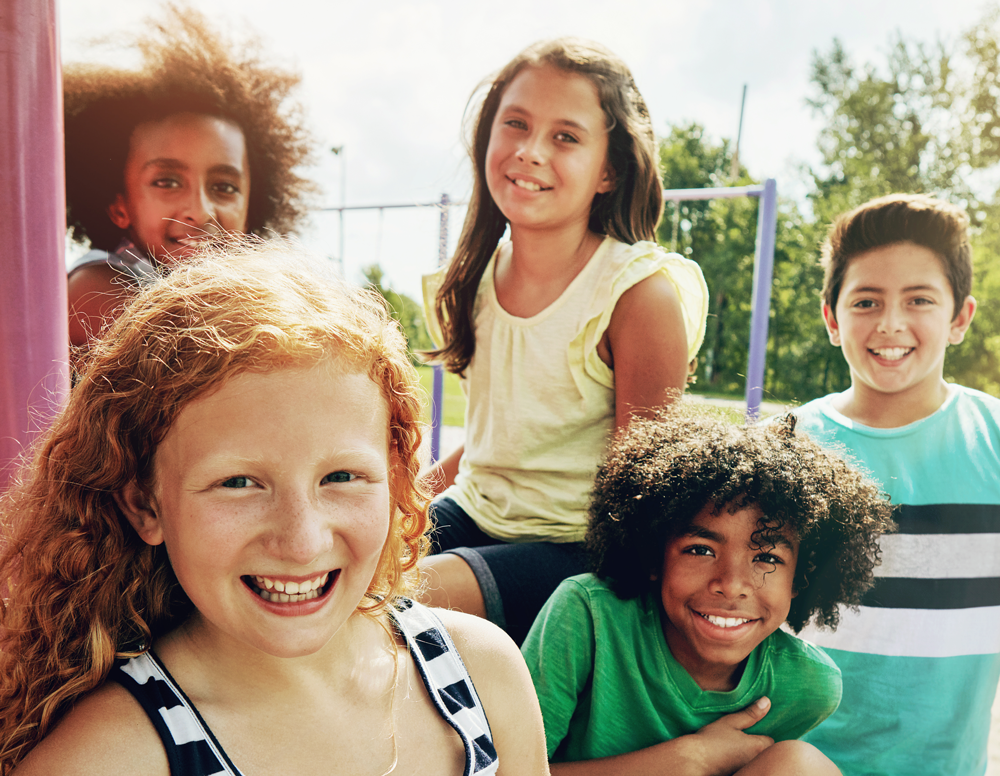Why Starting Early Matters: Protect Your Child Against 6 Types of Cancer with the HPV Vaccine
As a parent, you always want what is best for your children. You feed them broccoli despite their pleas. You make them wear a helmet while bike riding, even when “nobody else has to.” And you bring them to the doctor when they are sick, regardless of how “fine” they are.
So as your children grow, it is important to continue to give them the best foundation for a healthy life. This includes having them vaccinated against common ailments that can affect them later in life. It is estimated that nearly 37,000 people in the U.S. are diagnosed with cancer caused by a Human Papillomavirus (HPV) infection each year. HPV cannot be treated, but there is a vaccine that can prevent transmission and protect against six cancers if initiated prior to exposure.
You may have heard your physician suggest your children receive the HPV vaccine. But what is HPV and why is it so important for your children to be vaccinated against it?
The HPV infection is the most common sexually transmitted disease in the U.S. which affects the mouth, throat and genital area of both males and females. Despite its dangerous consequences, most people infected will never develop systems and may never know they have it. Although most HPV infections will clear up within two years, it can also lead to cancer and other diseases. The HPV vaccine works by blocking these infections and protecting against more than 90% of HPV cancers when given at recommended ages.
The American Cancer Society, the American Academy of Pediatrics and the National HPV Vaccination Roundtable recommend all boys and girls begin the HPV vaccine series at age 9.
You may be wondering why so young? While the vaccine is very effective, the younger recipients have a higher immune response and therefore better results.
It is necessary to complete the two-shot series, 6-12 months apart, before an individual becomes sexually active in order to be effective. If your children have not received the HPV series, you are still able to catch them up. Young men and women 15 through the age of 26 need to complete a three-shot series if they have not previously received the vaccination.
The HPV vaccine series is a safe and effective method of preventing several forms of cancer. Make sure you are preparing your child now before possible HPV exposure. Talk to your doctor about the HPV vaccine.
